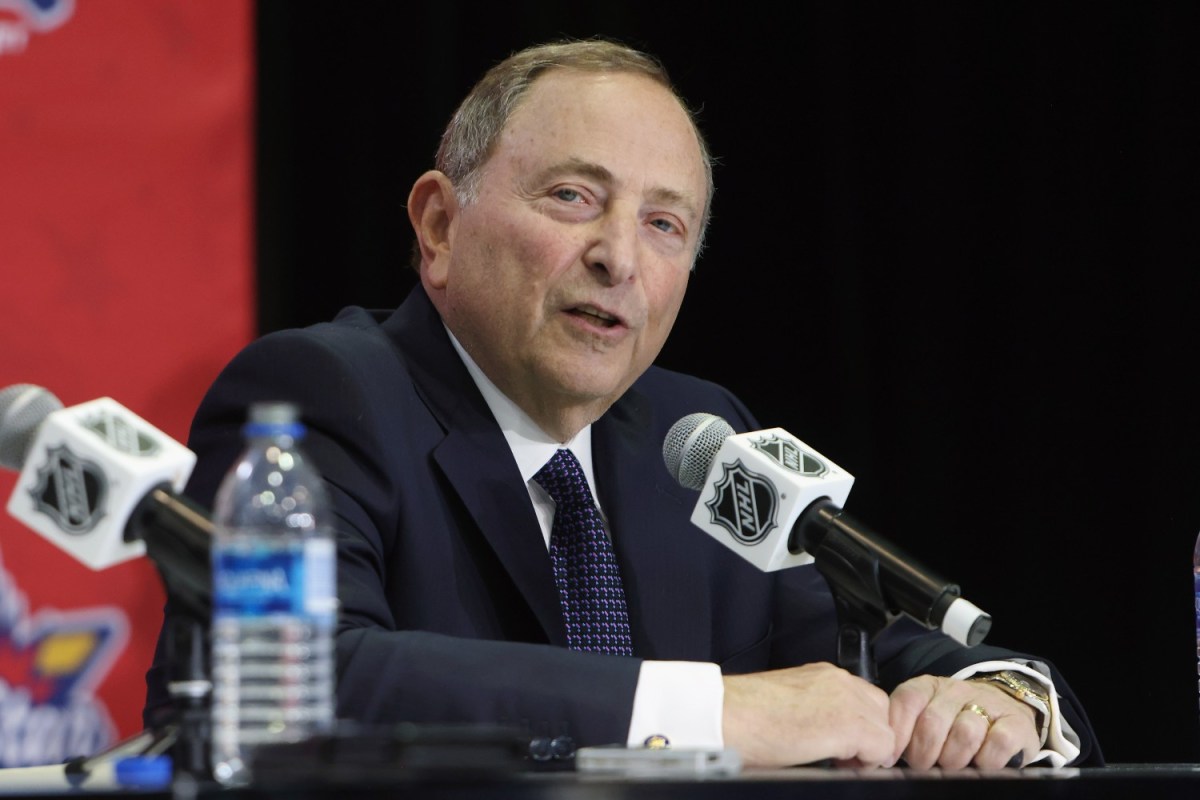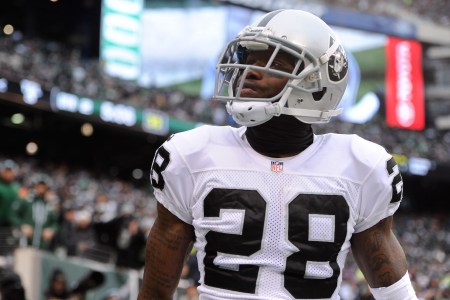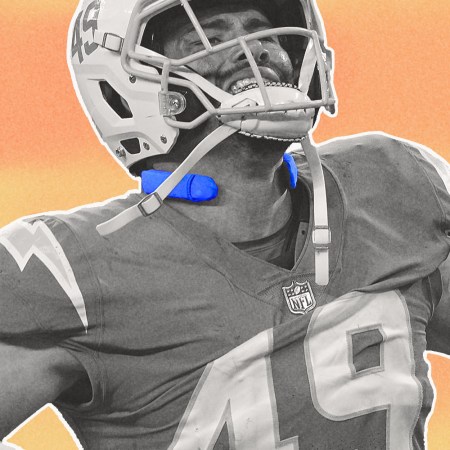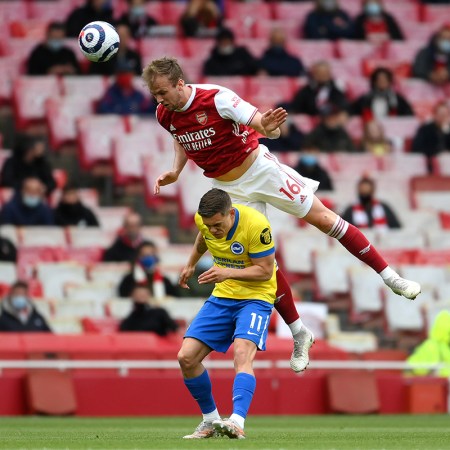“I think the science is still lacking.” That’s what NHL deputy commissioner Bill Daly told sportswriter Frank Seravalli in the wake of former player Chris Simon’s death by suicide — and, specifically, to Simon’s family’s contention that Simon suffered from CTE incurred during his time in the league. Simon is, unfortunately, not the first enforcer to develop chronic health issues once his playing days ended — Derek Boorgard, who died in 2011, was an especially high-profile case of a former player who turned out to have CTE.
And yet the NHL’s leadership seems bound and determined to ignore a growing amount of evidence that a career involving being repeatedly struck in the head might be hazardous to players’ health. Last year, NHL commissioner Gary Bettman suggested that former players being posthumously diagnosed with CTE was coincidence.
“There have been isolated cases of players who have played the game [who] have had CTE,” he told NPR. “But it doesn’t mean that it necessarily came from playing in the NHL.”
If a group of people with a similar job all came down with the same condition, it’s fair to say that most people would likely reach the same conclusion: that something is very wrong with the job in question. Publications like The Washington Post and The New Yorker have written about the effects of hockey on former players’ post-NHL lives; last year, the Times profiled former enforcer Chris Nilan, who’s struggling with his own health and looking for answers. Possibly the bleakest aspect of all of this is that there is no easy way to diagnose CTE during someone’s lifetime; a posthumous diagnosis is the only definitive way to diagnose the condition.
Dad of Former NFL Player Who Killed Six Sues Son’s Alma Mater for Lack of Head Trauma Treatment
Alonzo Adams is taking action against South Carolina State University for failing to treat his son’s head trauma two years after his deathAs NBC Sports’ Mike Florio pointed out, Daly and Bettman are echoing their counterparts at the NFL, who have also argued that the science isn’t settled here. That said, a 2023 Columbia University study does indicate that enforcers tend to die younger than their peers — which seems pretty damning.
This skepticism by people who should know better feels pitched between the “kayfabe” of professional wrestling and a fear that admitting the potential of any danger would open the league up to a barrage of lawsuits. It’s not clear what’s more unsettling, though: the idea that the people responsible for governing sports at their highest levels don’t care about athletes’ long-term health, or the notion that the people paying to watch those sports — whether it’s the NFL, the NHL, UFC or something else — know full well the effects they’re having on players’ lives and simply don’t care.
The Charge will help you move better, think clearer and stay in the game longer. Subscribe to our wellness newsletter today.



















